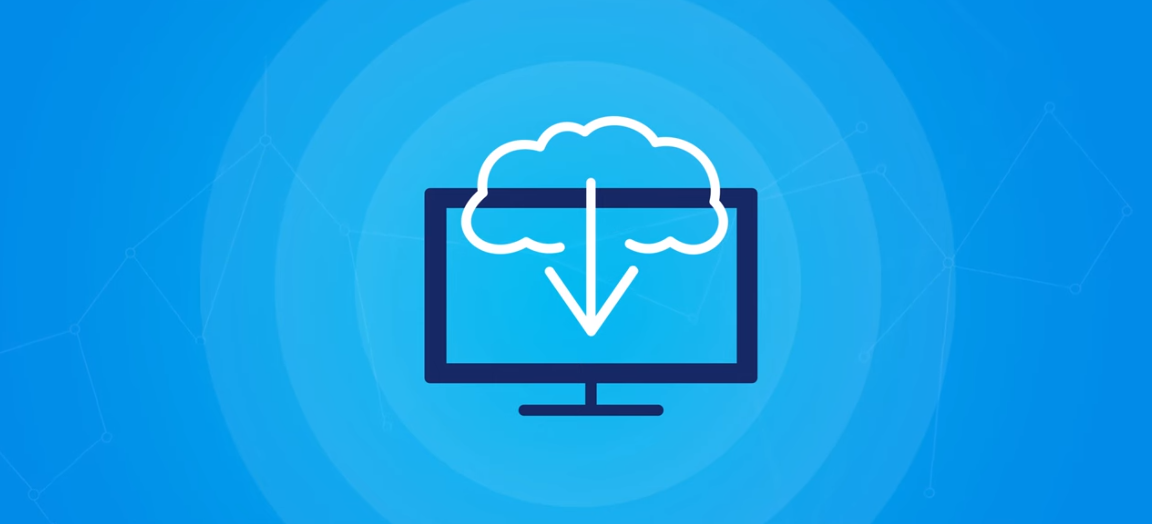Climate Knowledge at Your Fingertips: The NDC Partnership’s Knowledge Portal

This week, governments are gathered in Katowice, Poland for the most important climate change negotiations since the Paris Agreement was endorsed in 2015. On the table are several fundamental issues around the rules to implement the Paris Agreement and financing for developing countries. At the same time, expectations are that governments will signal their ambition to accelerate climate action and strengthen their Nationally Determined Contributions (NDCs).
To achieve these goals, countries must coordinate across sectors and ministries, implement creative technologies, and finance impactful projects. There is a wide selection of data sources, tools, and advisory services available to support countries in implementing their NDCs. But for many countries finding the most appropriate resources for their specific context and using them effectively is not an easy task.
The NDC Partnership’s member countries and institutions bring together a wide range of knowledge and experience, enabling unique opportunities to learn from each other. Providing useful guidance and support for the wide range of climate challenges countries face is no easy task. Over the past year, the NDC Partnership’s Support Unit has been engaging with members to explore how better access to knowledge resources can support them to accelerate their climate action. Reflecting on the feedback received enabled the NDC Partnership to redesign its Knowledge Portal.
To promote global knowledge sharing and ensure that resources are easily accessible to a range of audiences, the NDC Partnership redesigned the Knowledge Portal to incorporate more resources into an easy to use and searchable format.
The Knowledge Portal is a true effort of the Partnership
The Knowledge Portal offers, in an easily searchable interface, quick access to over 700 knowledge resources from more 100 different knowledge providers. Fundamental to the redesign, the Knowledge Portal provides a simple user experience, presenting information in ways that are accessible to both subject matter experts and those less familiar with NDCs. By tagging all content according to common needs, including sectors, themes, countries, languages, and stages of NDC implementation, the Knowledge Portal enables users to quickly and easily access the resources most relevant to them.
In addition, the content offered through the Knowledge Portal has been greatly expanded to include examples of good practices, updated funding opportunities, and even more tools and resources from across the NDC Partnership’s members.
Knowledge resources to support you through all stages of NDC planning and implementation
For users looking for the facts, the Knowledge Portal offers three data modules to explore climate data and learn about countries’ climate change goals.
- The Historical Emissions module compiles emissions data from three major data sources into easy-to-interpret visualizations. Data is drawn from WRI’s CAIT database, the Potsdam Institute for Climate Impact Research’s database, and countries’ self-reported emissions through the UNFCCC. Users can explore emissions by region, sector, and source, including all GHG emissions since 1990 and carbon emissions since 1850.
- NDC Content pages put every country’s (I)NDC into digital form to enable full search and comparison of NDC texts across several metrics.
- The NDC-SDG Linkages tool identifies potential alignment between the targets, actions, policy measures, and needs in countries' NDCs and the targets of the Sustainable Development Goals (SDGs).
For users looking for inspiration, the Good Practice Database (GPD) provides examples of successful climate action and lessons learned where countries have overcome obstacles, to enable countries to learn from one another. Drawing together over 150 good practice examples, the database is jointly managed by the Partnership on Transparency in the Paris Agreement, the UNDP NDC Support Programme, the IKI NDC Support Cluster, the Low Emissions Development Strategies Global Partnership and the NDC Partnership Support Unit.
For users looking for guidance, the Climate Toolbox draws together tools, guidance, platforms, and technical support from leading institutions in a searchable database to help countries plan and implement their NDCs. Over 500 resources are available to support users from the start to the end of NDC planning and implementation: including drafting policies and legislation, budgeting, engaging stakeholders, and MRV.
And finally, for users looking for funding opportunities, the Climate Finance Explorer offers a searchable database of potential sources of climate funding and other support to help finance adaptation or mitigation projects, programs or other activities. It provides useful information on funding sources, including description, eligibility criteria, details on support provided and a description of the process to access the support. The tool also allows users to compare key criteria across funds.
Whether you are interested in reducing emissions or adapting to the impacts of climate change, the Knowledge Portal serves as your first point of entry to identify and access the most relevant resources from the NDC Partnership and other leading institutions. We welcome you to explore the Knowledge Portal, build up your knowledge base, and share your feedback with us.
This blog was written by Amanda McKee, NDC Partnership Support Unit, Knowledge Management Associate
